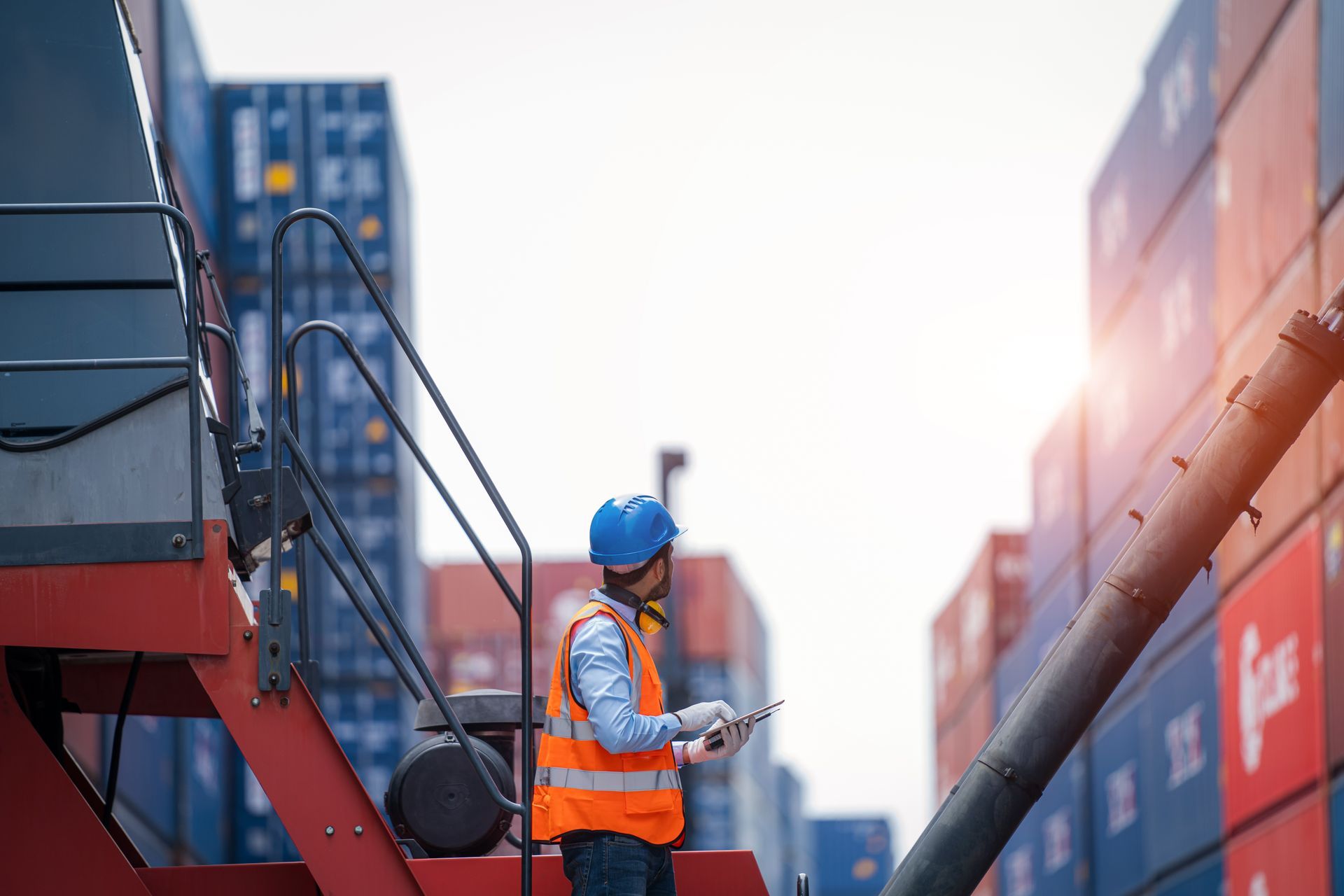Possible causes of the delay and detention of the freight
Have you wondered why your shipment is delayed or detained at some point in the transport?
If you are in any way involved in foreign trade or the transport of goods, you will want to know the answer to this question.
Because, above all else, the delays and detentions of freight are two of the most frequent problems affecting logistics operations.
Reasons for possible delays of freight
Among the most common reasons for delays with freight are the following:
- Incorrect documents. What if the bill of lading reaches the consignee and there are discrepancies in the particulars relating to address, route, cargo contents or other related aspects?
Or the documents sent to customs, such as the commercial invoice or the certificate of origin have inaccuracies.
These situations can lead to delays while they are being addressed by the shipping line or the customs office.
- Late arrival. There are also cases whereby the necessary papers for the shipment of the goods, such as the bill of lading or the shipping list, do not reach the consignee in the expected time.
Problems normally arise when the sender does not plan the formalities in advance at the point of origin and leaves everything until the last minute.
- Loss of documents. A fairly common drawback. There are a variety of scenarios in which documents can be mislaid in transit by courier services.
The most complicated situation arises when an original bill of lading is lost. In this case, several steps must be followed to deal with the situation, which can take days, especially if there are bank guarantees.
- Cargo inspection. In this case, we assume the documents are in order, the container reaches its destination and the receiver proceeds to the customs office.
As you already know, the particulars in the commercial invoice delivered must coincide with the customs clearance documents. If this is not complied with, there will probably be setbacks.
- Cargo release at destination. Let’s suppose that an invoice is endorsed “to the order of the sender” and the latter has not endorsed the original bill of lading. Consequently, the invoice must be returned to the sender to be endorsed and resent.
Another common cause for delay in the release of the cargo is the non-payment by the receiver or the shipping line in the place of destination.
In general the situation derives from a failure to understand the Incoterms used for the shipment on the part of the receiver, who assumes that the sender must pay some or all the local charges.
- Adverse weather conditions. Weather can affect the transport of freight in different ways, for example, causing cancellations or deviations in flights, hindering sailing, impeding access to roads or ports and damaging infrastructure.
- Congestion in ports or airports. The rise in international trade and the demand for freight transport has caused saturation in points of entry and exit of the goods, leading to delays in the loading and unloading process, customs clearance or the allocation of space.
- Scarcity or lack of transport. Supply and demand vary according to the season, the destination, the type of freight or the means of transport. This means that there are not enough transporters available to provide the service.
- Exceptional or unforeseen circumstances. Some events are beyond the control of the parties involved, such as, for example, a pandemic, a strike, an accident, a political or social conflict, a terrorist attack or a natural disaster.
Who pays for the delays?
In general terms, responsibility for paying for the delays usually depends on a variety of factors and agreements made between the exporter and importer.
In fact, the different modalities of shipment, such as FOB (Free On Board), CIF (Cost, Insurance and Freight) or DDP (Delivered Duty Paid) will ultimately determine who is liable for the risk and cost of the transport at each stage.
In any event, it is important to review the terms and conditions of the agreement and of the insurance policy before undertaking any transport operation.
What is the difference between demurrage and detention?
Demurrage refers to the storage of containers in the port or airport terminal, and charged by the competent authorities.
It is applied when the container is full and has not been removed in the agreed time, usually 3 to 5 calendar days, but can vary depending on the port or airport.
As for detention, it is the use of containers outside the terminal, which is charged by the shipping line or airline.
The modality applies when the container is empty and has not been returned at the agreed time, which is usually around 7 to 10 calendar days.
Be they weather challenges, technical problems or lack of coordination, each one of these reasons has a considerable impact on the flow of the operations and on client satisfaction.
If you need additional advice, specialist resources or customized solutions for your logistics challenges,
please feel free to contact us.



